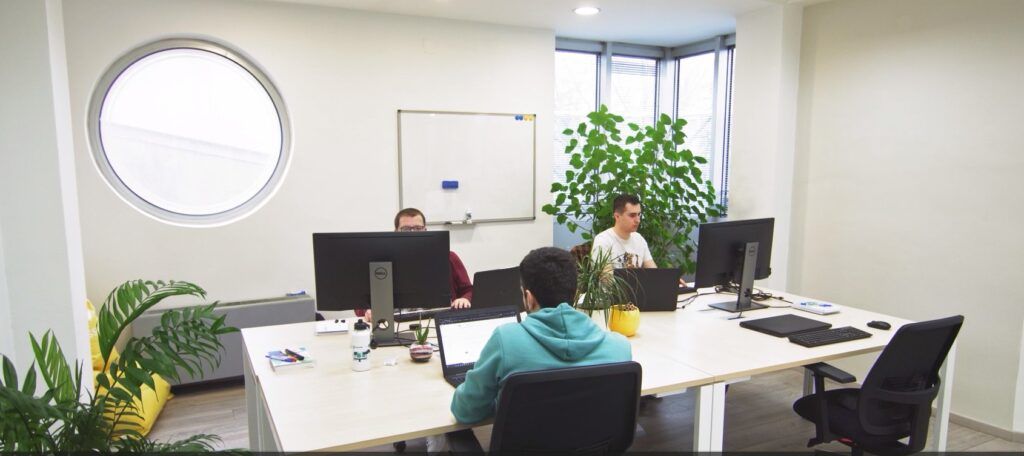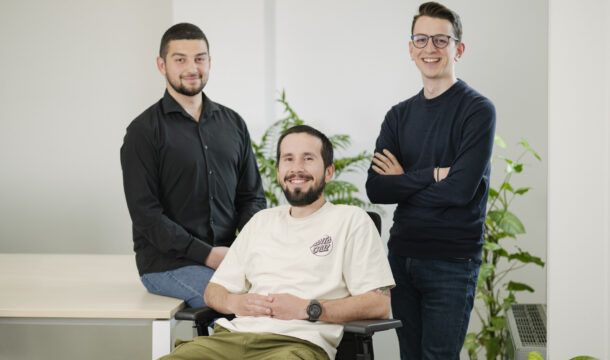Project Overview
- Client: Briq Bookings
- Country: Netherlands
- Year: 2021-2023
- Project Scope: Software Development and Testing
- Technologies: NET, .NET Core, JavaScript, Cypress, Vue.JS, PHP/Laravel, HTML, CSS, MariaDB
Client Background
Briq Bookings provides an advanced leisure booking system that integrates multiple applications. However, their system faced architectural and scalability challenges, limiting their ability to introduce new features and enhance customer experience.
The Needs and Challenges
Briq’s monolithic system structure presented several obstacles:
- Limited scalability: The tightly connected components restricted self-service capabilities.
- Deployment inefficiencies: Slow releases and suboptimal hosting on Azure.
- Complex UX design: The existing user interface required improvements for a better user experience.
- Integration complexities: Numerous third-party integrations demanded optimization.
- Quality assurance gaps: The testing framework was not at the required level.
Solutions Implemented
The project was executed in collaboration with Briq’s Head of Engineering and Head of Product and Design. Three cross-functional teams, comprising Macedonian and Dutch engineers, were formed, each led by a dedicated Product Owner. One of the teams had a lead from Xessable, who transitioned from an intermediate developer role.
Key solutions included:
- Software Development
- Revamped the e-commerce funnel and booking scheduler.
- Developed integrations with third-party service providers.
- Improved frontend UX using Vue.js and PHP/Laravel.
- DevOps & Infrastructure
- Optimized Ansible configuration scripts and CI/CD pipelines via GitLab.
- Monitored and enhanced system performance, security, and infrastructure reliability.
- Quality Assurance
- Implemented end-to-end and integration testing using Cypress.io.
- Conducted exploratory testing for continuous system improvement.
- UX/UI & Product Strategy
- Conducted user testing to validate data-driven improvements.
- Refined design proposals to enhance user experience.
- Documented functional requirements for structured product development.
Talent Integration
- Seamless collaboration: Xessable professionals were embedded into Briq’s teams from day one.
- Scalable team structure: The team expanded from 2 to 18 members over three years, with flexibility to scale down if needed.
- Agile methodology: Teams worked in bi-weekly sprints to ensure iterative improvements.
- Frequent in-person collaboration: Regular visits between Macedonia and the Netherlands (a two-hour flight) fostered stronger teamwork.
- 24/7 support: Implemented stand-by shifts to maintain continuous availability.

Project Impact
- Enhanced system stability and scalability: The booking system is now more reliable and user-friendly.
- Improved UX: The upgraded interface allows users to complete bookings without customer service intervention.
- Optimized costs: The project reduced costs by 40% compared to the Dutch market.
- Stronger collaboration: Cross-country teamwork resulted in knowledge sharing and best practices integration.
Conclusion
By modernizing Briq’s legacy system, our team delivered a scalable, high-performance booking platform that supports business growth. The new system ensures a better end-user experience, streamlined operations, and cost efficiency, positioning Briq Bookings for continued success.



